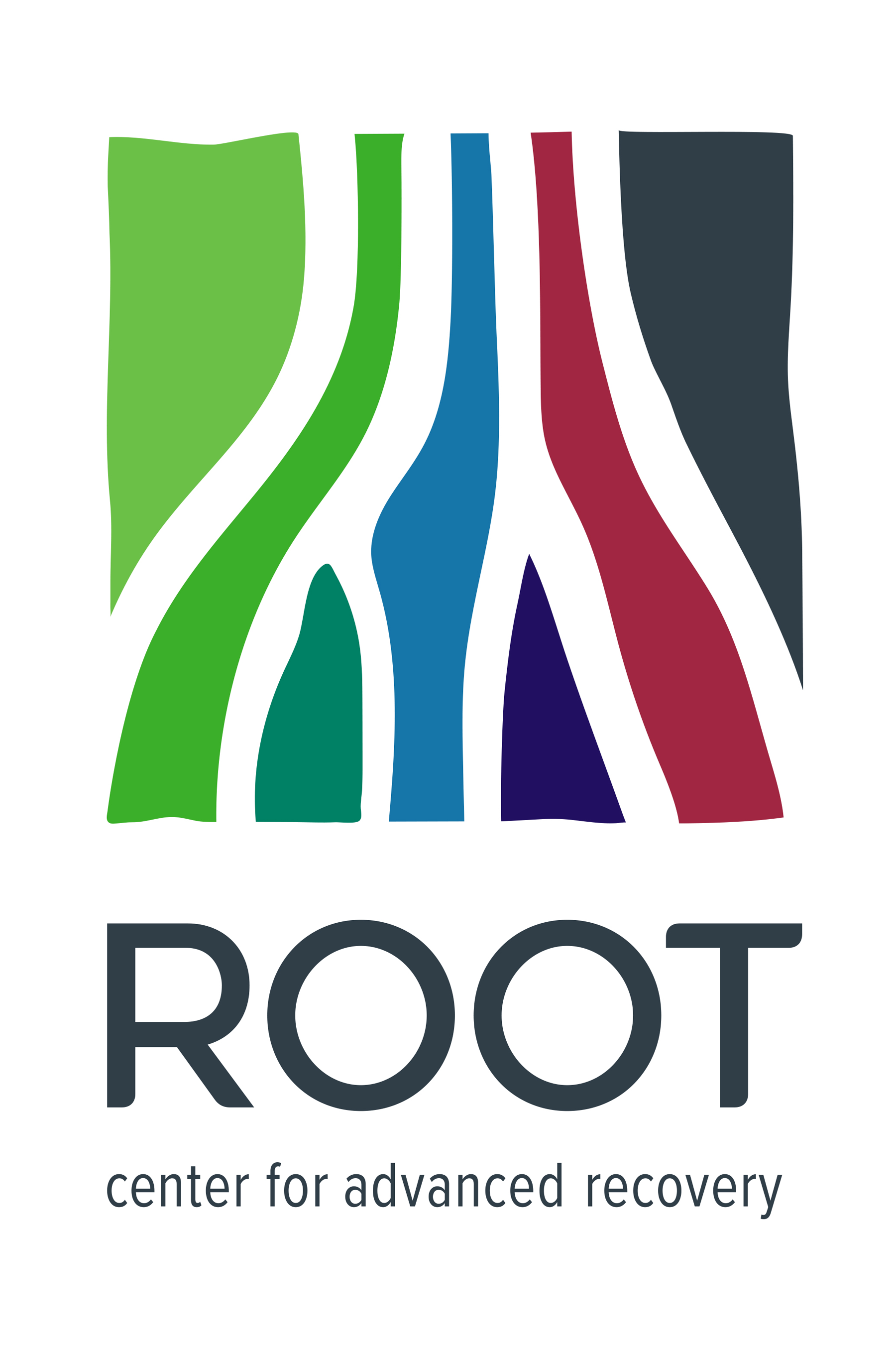Clinical Grand Rounds
ADVANCED RECOVERY INSTITUTE | CLINICAL GRAND ROUNDS
Leading Experts Addressing Timely Topics
Our monthly program brings together recognized experts in the mental health and addiction fields to share insights and best practices from their research and clinical experience.
The virtual series runs every third Thursday (unless otherwise noted) of the month from 12-1:30pm. These presentations are free and open to the public ($10 if requiring CEUs, free CEUs for Root staff). If interested, please register below for each session.

Synopsis & Objectives:
This presentation will outline the literature describing the potential myriads of risks associated with alcohol use in older adults, with an emphasis on the impacts on cognitive and emotional/behavioral functioning. Emphasis will be placed on relevant clinical information to provide clinicians with a foundation to work with this population and to assist with differential diagnosis and treatment planning.
Provide education surrounding the risks associated with alcohol use in older adults, with particular emphasis placed on the cognitive and emotional/behavioral manifestations associated with alcohol use in aging brain.
Describe previous literature outlining the unique considerations when working clinically with this population.
Describe specific cognitive and emotional/behavioral profiles of alcohol use and excessive alcohol use in this population.
Discuss relevant clinical treatments and resources/supports for those impacted by alcohol use in older age.
Synopsis & Objectives:
This presentation will outline the literature describing the potential myriads of risks associated with alcohol use in older adults, with an emphasis on the impacts on cognitive and emotional/behavioral functioning. Emphasis will be placed on relevant clinical information to provide clinicians with a foundation to work with this population and to assist with differential diagnosis and treatment planning.
Provide education surrounding the risks associated with alcohol use in older adults, with particular emphasis placed on the cognitive and emotional/behavioral manifestations associated with alcohol use in aging brain.
Describe previous literature outlining the unique considerations when working clinically with this population.
Describe specific cognitive and emotional/behavioral profiles of alcohol use and excessive alcohol use in this population.
Discuss relevant clinical treatments and resources/supports for those impacted by alcohol use in older age.

Synopsis & Objectives:
Discussion will include an overview of the various classes of new designer substances appearing across the US, prevalence data pulled from recent laboratory testing and a review of available testing options to identify NPS use and/or exposure.
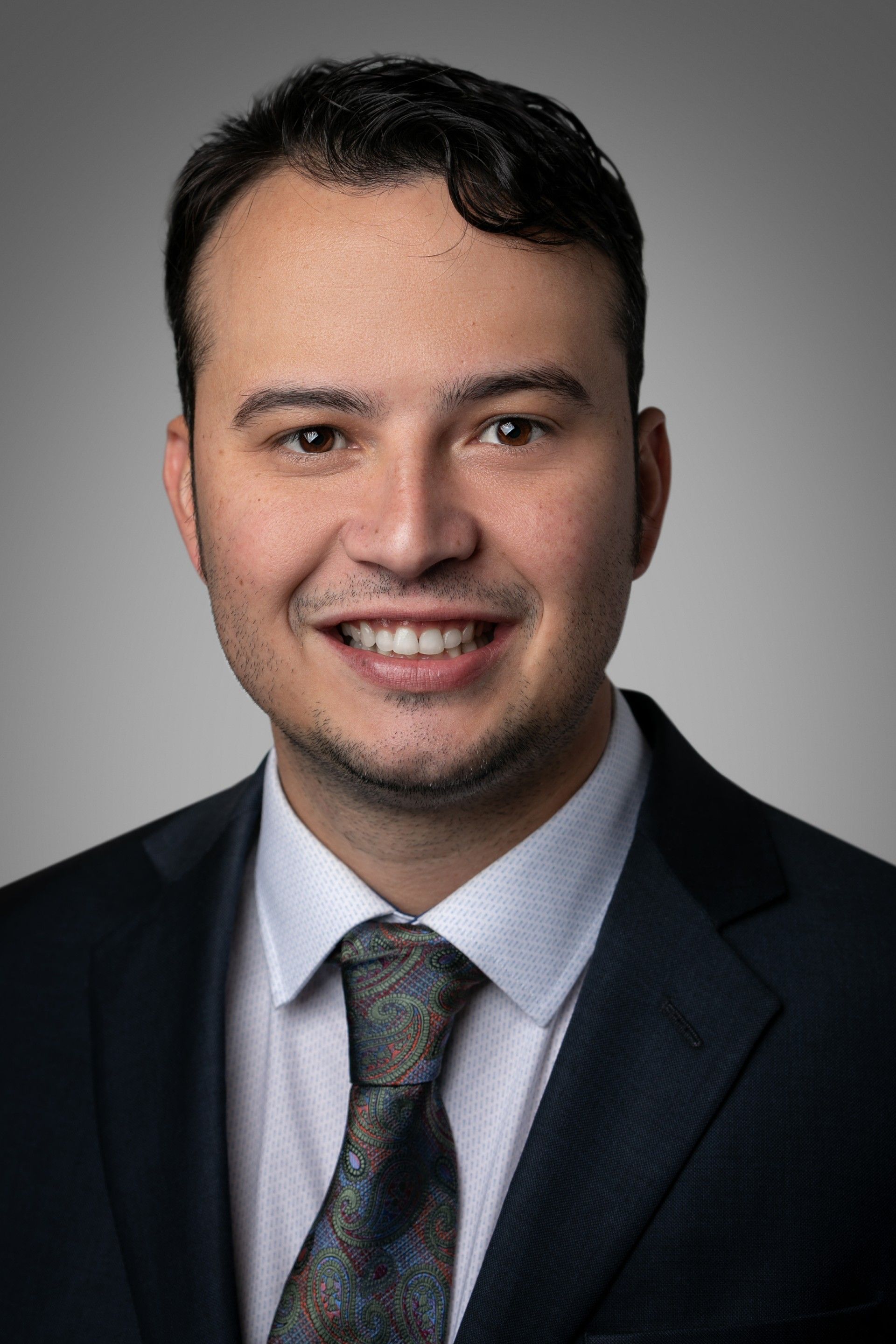
Synopsis and Objectives:
This presentation will equip participants with an overview of the scientific literature on the use of medication-assisted treatment (MAT) in pregnancy and the postpartum period. Participants will learn about best practices, risks and benefits, and how to work with patients to develop a comprehensive, interdisciplinary family care plan.
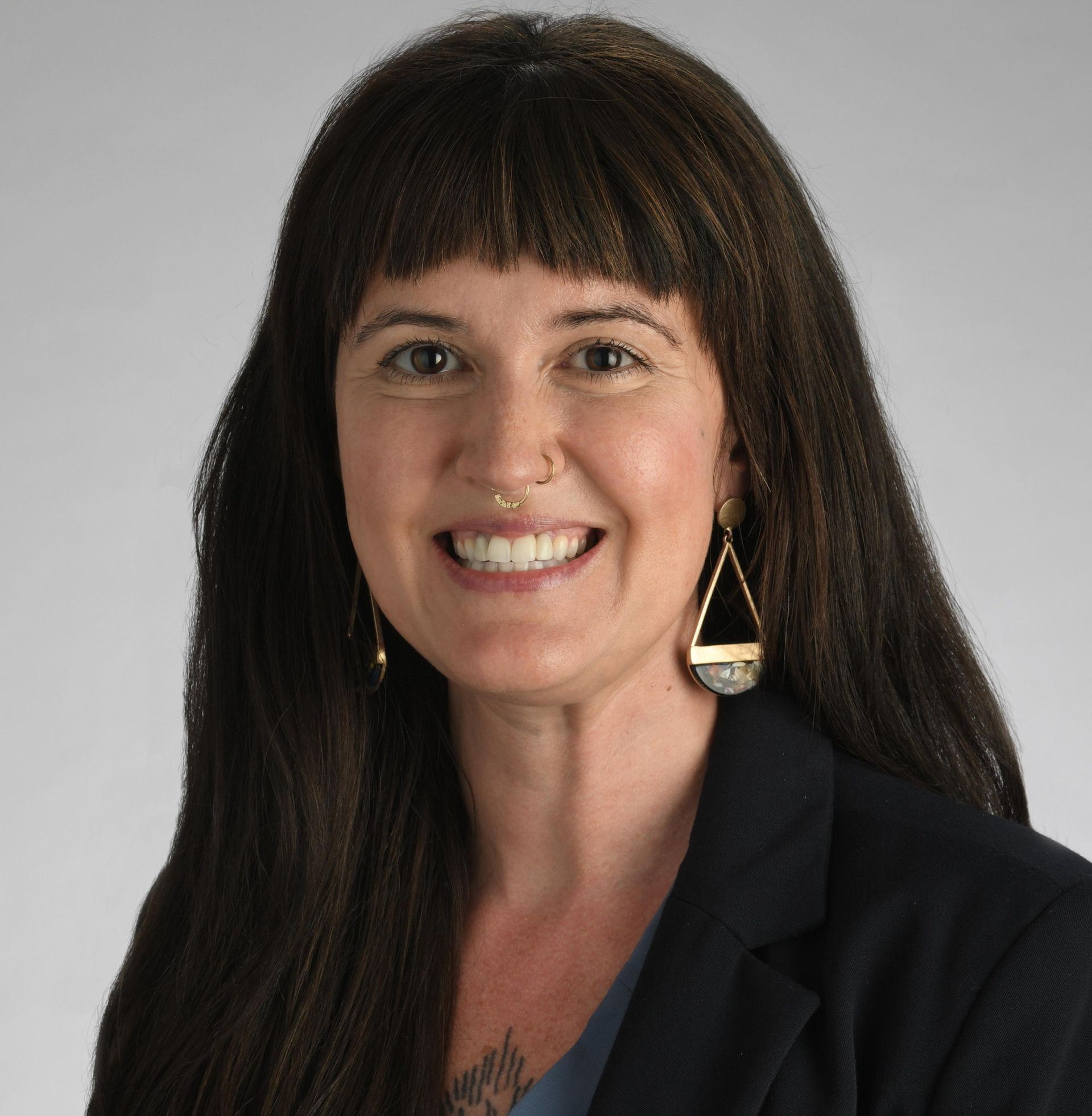
Synopsis & Objectives:
This training will provide attendees with a basic understanding of the many forms of domestic violence. We will discuss the intersection between domestic violence and behavioral health and how domestic violence can increase symptomatology. Attendees will learn about implications to treatment settings, domestic violence inquiry, responding to disclosures, and techniques for working with survivors of domestic violence.
Identify the types of domestic violence.
Understand the intersection between domestic violence and behavioral health.
Understand how to respond to domestic violence disclosures.
Learn techniques for working with survivors.

Synopsis & Objectives:
Daily gaming among youth have rapidly escalated in recent years. American youth average over 3 hours each day playing video games, as a part of over nine hours per day of entertainment screen media. Scientific research and clinical experience confirms that a significant minority of boys suffer from a behavioral addiction to video games, and reveals epidemiology, comorbidity, and effects on parameters of mental health, academic achievement, behavior, and sleep. Although challenging, mental health providers can identify and effectively treat affected youth.
Participants will be able to:
- Appreciate the extent of gaming habits in the lives of American youth.
- Differentiate normal gaming from overuse and overuse from gaming disorder
- Summarize research regarding the epidemiology of gaming disorder including risks factors, comorbidity, and outcomes.
- Be able to prevent and treat gaming disorder, including help families establish and sustain healthy gaming habits.

Synopsis & Objectives:
- Review the scope of fatal drug overdose and suicide among youth-emerging adults in the U.S. & CT
- Examine the desire and intent to die by drug overdose among young adults with opioid use disorders.
- Address potential predictors/markers and discuss measures for reducing (fatal) drug overdose among young people.
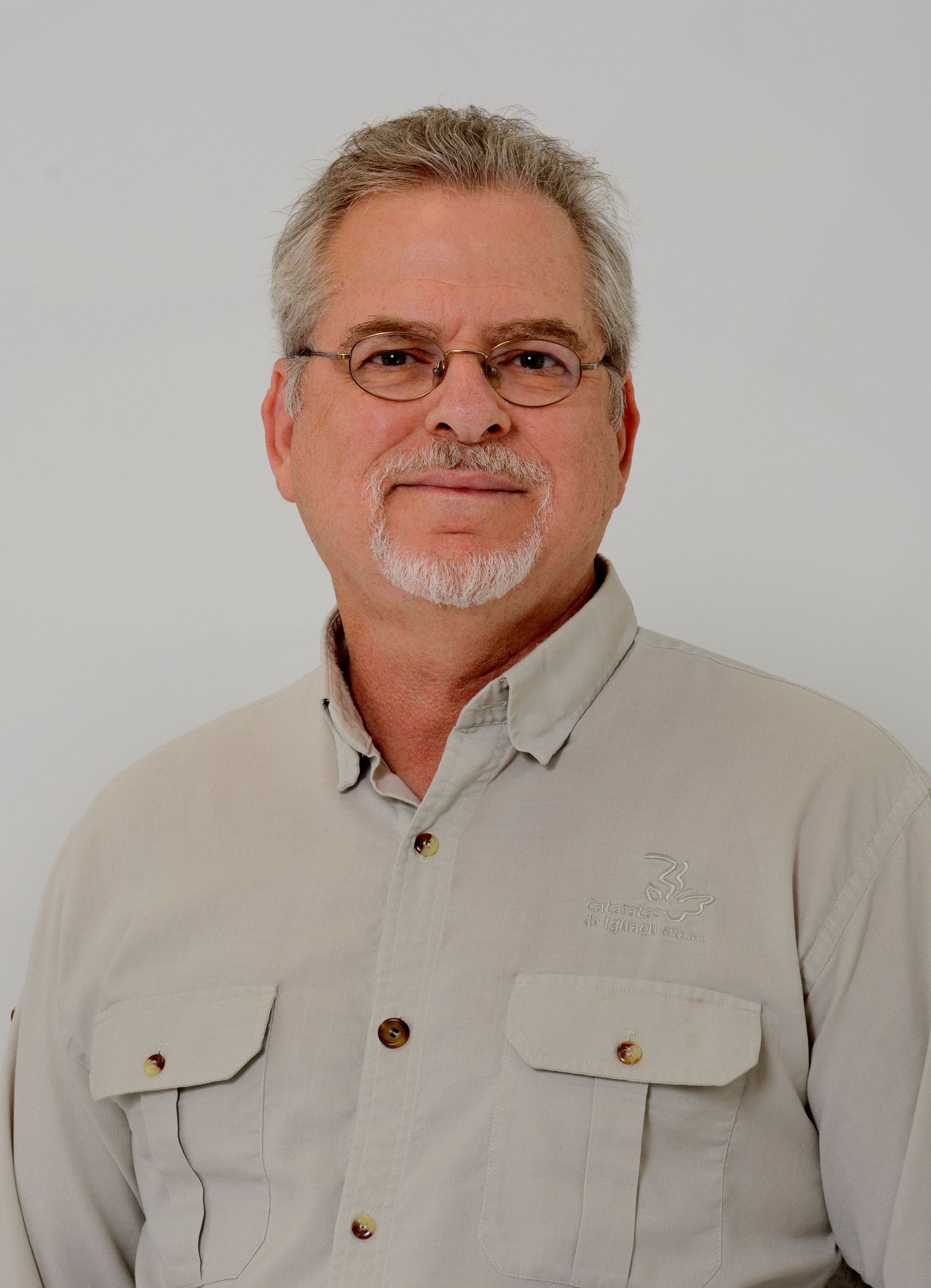
Synopsis & Objectives:
This lecture will review portrayals of psychological themes in modern entertainment using the Hulu series “The Bear” as a case study. We will discuss family dynamics, communication styles, substance use, faith, shame and achievement.
Objective: To see how art can be an accurate reflection of the human condition so we can better understand our patients.
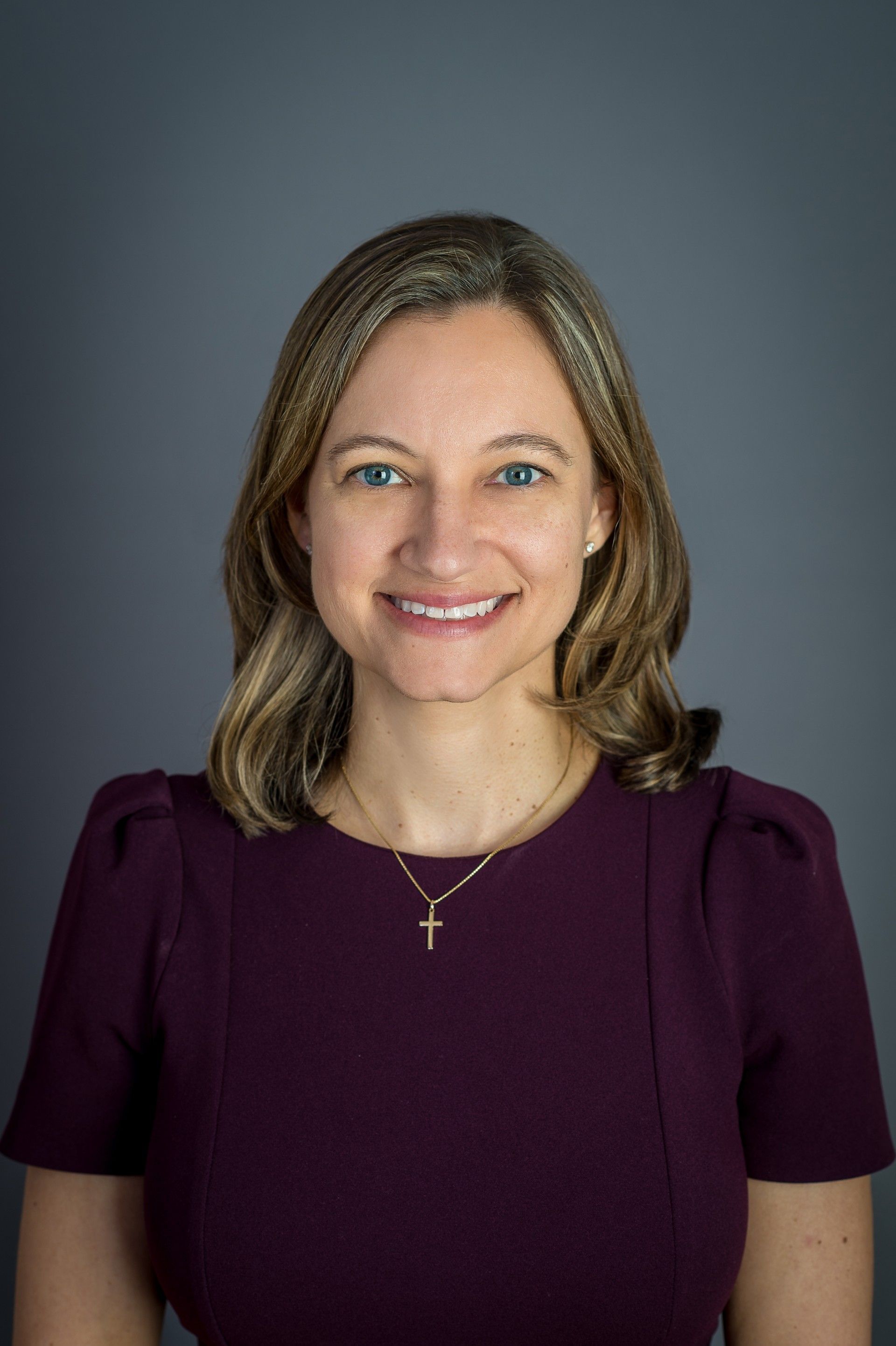
Synopsis & Objective:
Forensic psychiatry is a field that focuses on the intersection of mental health and the legal system. While there are many branches and roles, this discussion aims to provide an understanding of treatment within the forensic setting.
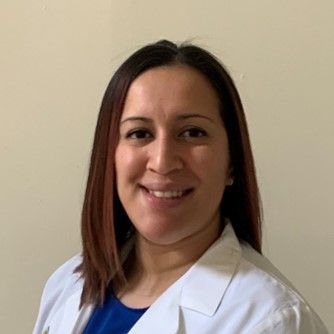
Synopsis & objectives:
During this session, we will discuss how to approach the care of a patient with an opioid use disorder (OUD). We will review medications that are commonly used to treat opioid use disorder. We will appreciate complexities of this patient population and co-morbidities that may present challenges to care. And we will discuss the definition of harm reduction and have a conversation about it.

Synopsis:
This presentation will focus on risk and resilience in children exposed to family violence. We will explore the science behind how violence exposure interacts with early child development to shape threat detection and emotion regulation. We will also explore evidence-based interventions for preventing and addressing violence-related mental health problems for children.
Objectives:
To learn about the definition and prevalence of children’s exposure to family violence
To review research examining associations between family violence and children’s threat detection and emotion regulation
To learn about evidence-based interventions to prevent and address violence-related mental health problems for children
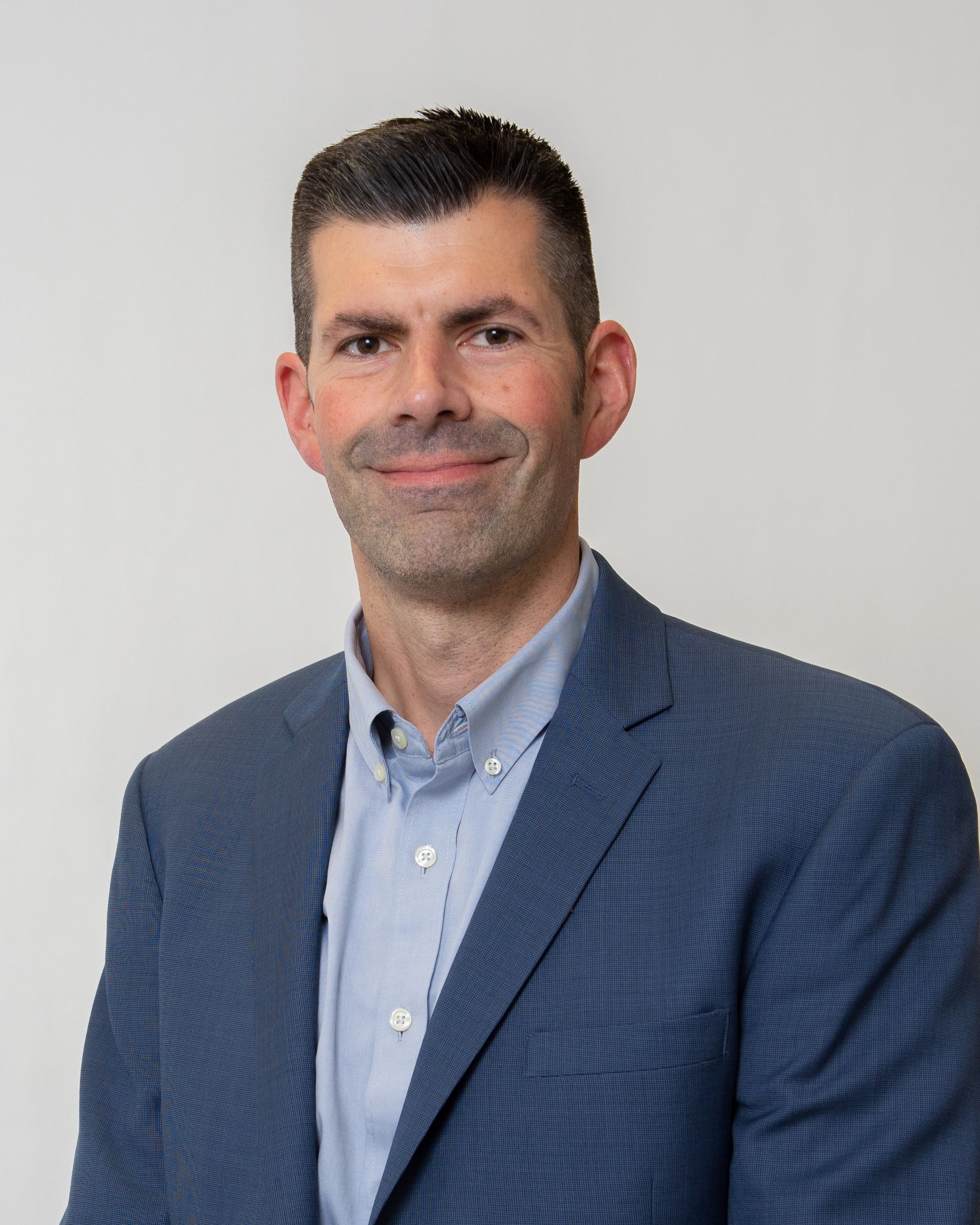
Synopsis and Objectives coming soon!

Synopsis & Objectives:
This presentation will delve into understanding the development, treatment, and prevention of depression in senior and geriatric patients in various care settings.
Synopsis and Objective coming soon!


